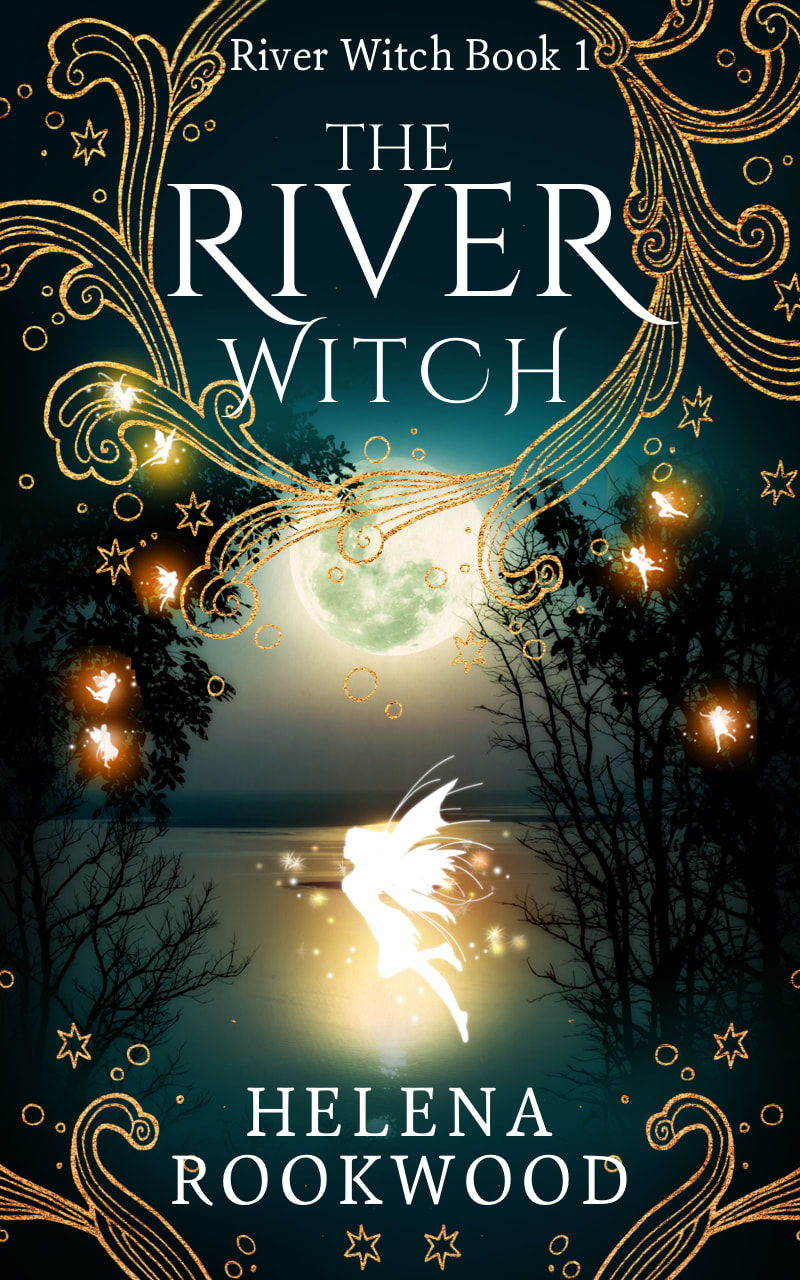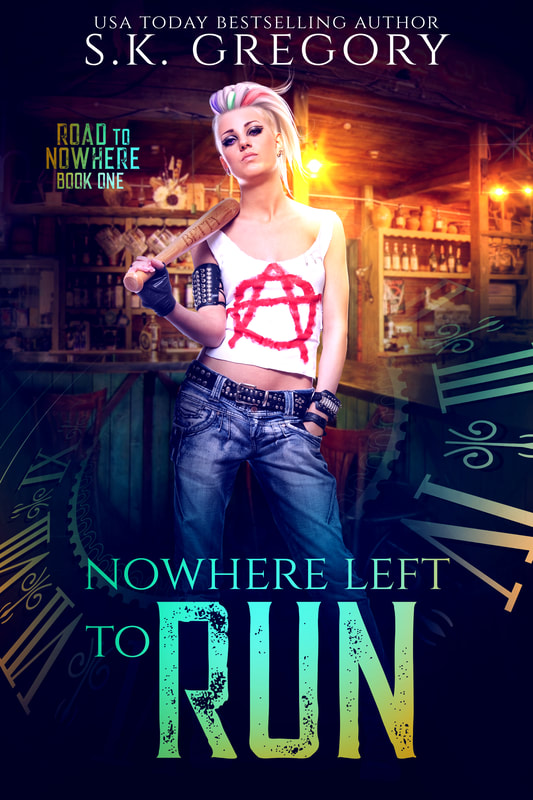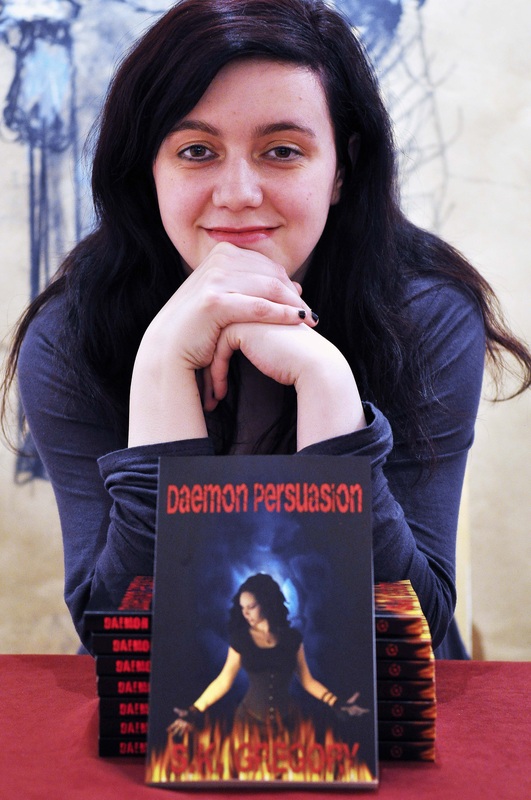|
1) Tell us about your book (s) (or short story) The inspiration for my River Witch series came from mulling over the idea that the fae might have disappeared from Britain just because it's a world that they can't live in as it currently is – that a world wrapped in iron and metal and glass might not be one that they wanted to live in. But what if there might come a time in the future, I wondered, when the cities were crumbling and technology had failed, when humans had retreated to eking out a living in the countryside, and the fae might realise that it was safe for them to come back again? This provided the starting point for the first book in my series, The River Witch, in which the fae are waking up again and no one is quite ready for them... 2) Who is your main character? Tell us about them. My main character is a girl called Tabitha. When the little folk start wreaking havoc, it falls to her to leave home in search of the fabled Iron City, home to the only humans who still have any memory of the fae and the only ones who might be able to help her village. She's not really cut out to have been sent on an adventure and she truly would have been happier staying at home by the river with her grandmother and her books. She's hopelessly naïve and too trusting of everyone she meets, but she's just never had a reason to be mistrustful of anyone before. It takes a while for Tabitha to adjust to the idea that the world around her has changed, and she's still figuring out whether she really wants to change with it. But whether the river magic that's bubbling up inside her will let her decide this for herself – well, that's another matter... 3) What is your favorite Fae myth or story? Oh there's too many to choose from! I think what I love most about the fae are the little rituals and superstitions that people used to have – like leaving milk out for brownies, wearing St John's Wort to keep the fae from stealing you away at night, or telling the bees when there had been a birth or death in the household so they could spirit the news away to the Otherworld. If I had to pick a story, my favourite is probably an old, sad story about a selkie. Selkies were said to be shapeshifters who could change from seals into men and women by slipping off their sealskin. Selkie women would often come to the shore to dance, and sometimes they would catch the attention of local fishermen who were entranced by their beauty. The tale goes that one cunning fisherman stole one of the sealskins, preventing the selkie from returning to the sea and leaving her with no option but to marry him. There are variations in the stories about what happens next, but they almost always end sadly when the selkie's skin is returned to her, usually by one of her children, and she returns to the sea. Sometimes her children go with her, and other times they remain with their mortal father on land. 4) The Fae. Helpful magical creatures? Or mischievous tricksters? A bit of both I think! Although if I had to fall down on one side of this, I would say mischievous tricksters, just because too many stories paint them as totally harmless. 5) What is your Fae elemental? Salamander (Fire) Undine (Water) Brownie (Earth) or Sylph (Air) Sylph for me – I definitely feel an affinity to the wind and the sky. About the Author:
Helena Rookwood has spent a long time researching all there is to know about Faerie, and she’s happiest when she’s poring over old books and imagining what the world used to be like. More recently, Helena has also been wondering what the world might be like in the future – whether there will ever be a turn back to the Old Ways, when people cared about stories and the little people and the land they lived on. This was the starting point for her River Witch series, a deliciously dark tale about fairies and witches and earth-magic which is set in post-technology Britain. She promises you’ll love it. Comments are closed.
|
Monthly Newsletter
Categories
About the Author:S. K. Gregory is an author, editor and blogger. She currently resides in Northern Ireland. “Description begins in the writer’s imagination, but should finish in the reader’s.” Archives
July 2024
Categories |
||||||||||||||||||||||||||||||||||||||||||||||||||||||
© 2024 S.K. Gregory
Proudly powered by Weebly






 RSS Feed
RSS Feed

